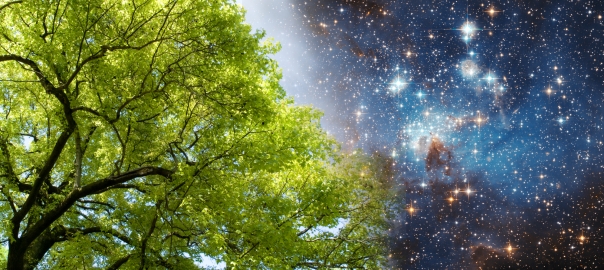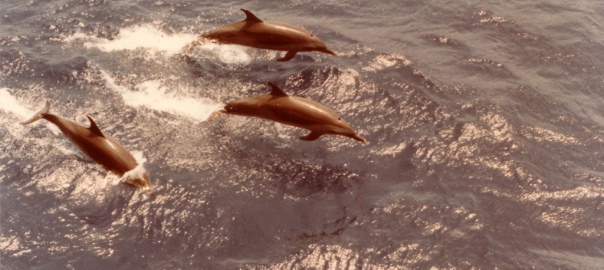In late May, as you might have heard, India’s Ministry of Environment and Forests made headlines by banning captive dolphin shows with a statement that dolphins “should be seen as non-human persons”. Although to some people the news was blown out of proportion, it was and is a big deal for dolphins and their human advocates.
However, looking at it merely as a victory for animal welfare misses the deeper significance of the event. Ultimately, this is about personhood: an entity’s status, legally and socially, as an independent and responsible person. Personhood is not something most of us think about much, if at all, but it forms a massive part of the way we subconsciously view the world. If you consider an entity to be a person rather than a thing, you will act very differently toward it. When I started thinking carefully about India’s dolphin decision, I realized that it is a small part of a titanic shift in our definition of personhood, a shift that could lead to some incredibly strange futures.
In Europe, a few hundred years ago, the full benefits of personhood were restricted to adult, white, Christian, property-owning, male humans. Two hundred years ago, slaves were treated as “things” that could be bought and sold with legal and moral impunity in many civilized countries. Whether women were legal “persons” was questionable even to the U.S. Supreme Court in 1894. But during the last couple centuries, humanity has rapidly started to expand its societal and legal notions of personhood. Now, all human beings have personhood, as well as corporations in many nations, and animals are starting to gain that status. India’s dolphin declaration was only a matter of time. New Zealand and the Balearic Islands of Spain have both granted legal rights to great apes, while Germany and Switzerland have each amended their constitutions to recognize animal rights.
With animal personhood, the end result is simply better treatment of other living creatures, and recognition of their own intrinsic abilities and worth. It doesn’t mean turning them into humans; animals have their own cultures and societies and, as far as we can tell, don’t particularly care about the human versions.
The closer one gets to a human being, however, the more the lines blur.
Imagine that, many years from now, geneticists are able to successfully clone a Neanderthal from reassembled DNA. There are quite a few technical hurdles to this, but if it happens, and the Neanderthal baby is born and grows successfully to adulthood in the midst of human beings, he or she will certainly be considered a person, not merely an unusual animal. How far would their personhood go before becoming humanity? We don’t really know what a reconstituted Neanderthal would be like, so we are only able to speculate the extent to which one would participate in human society. Continue reading If animals are people, can A.I.s vote? →


